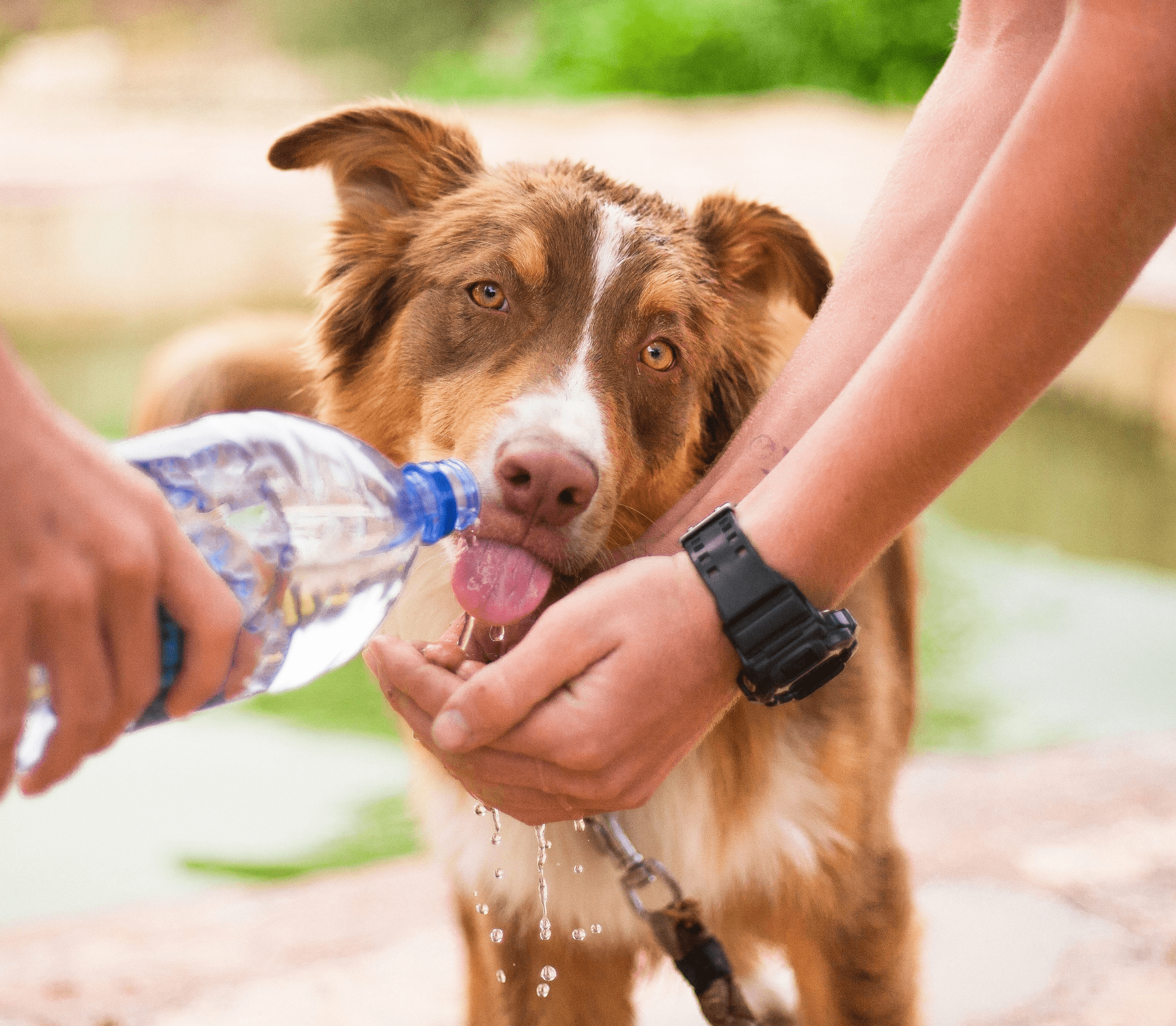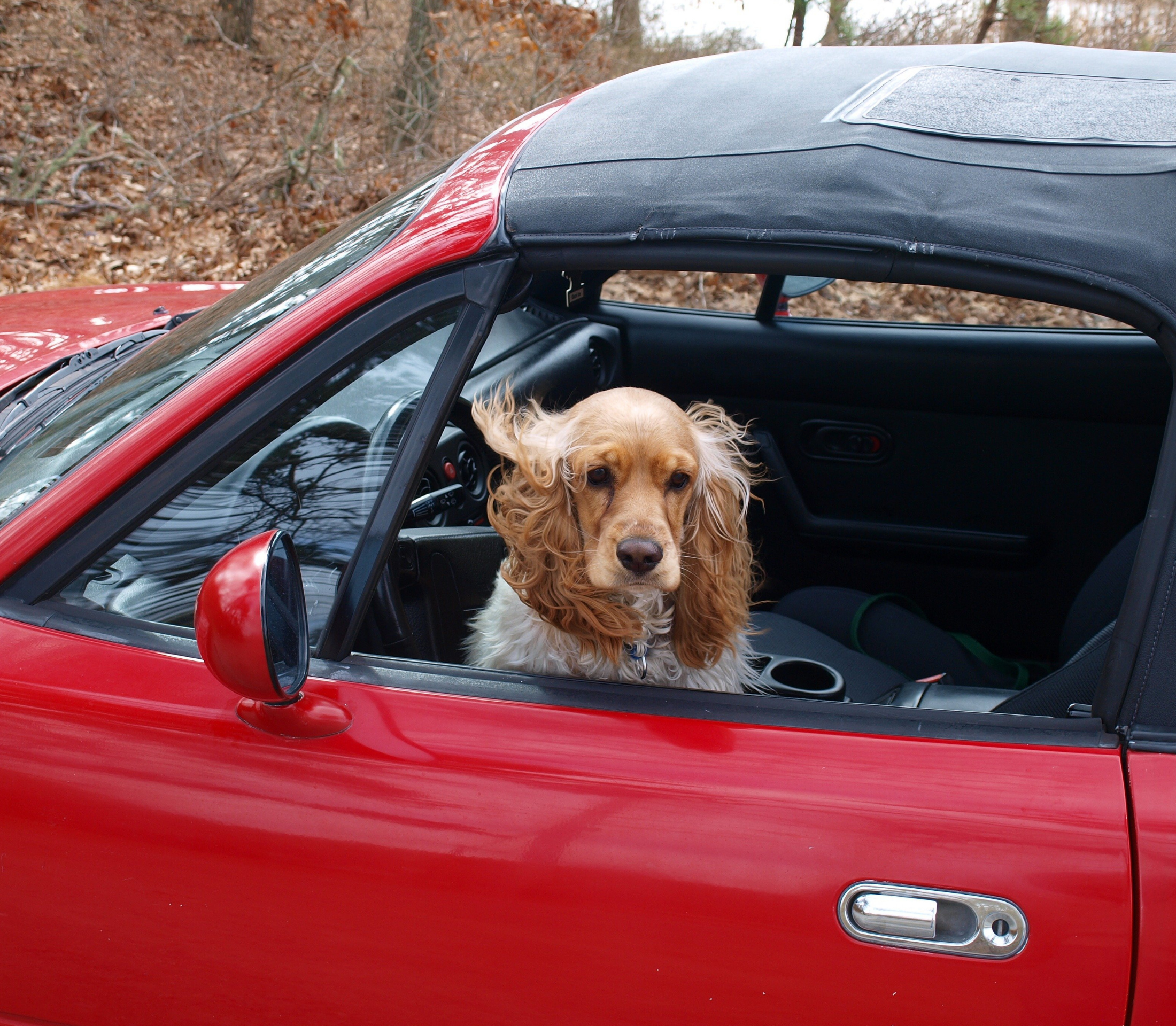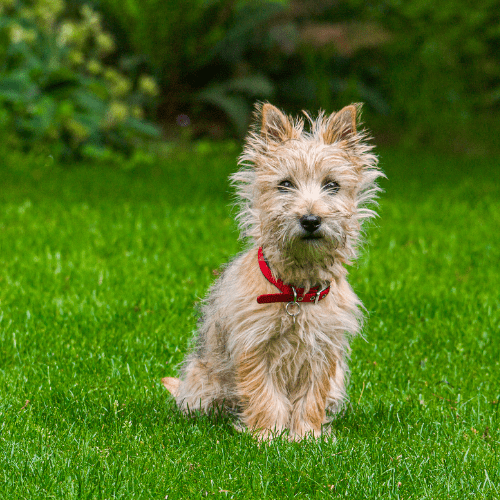Obesity in Cats
Did you know that well over half of our feline friends are overweight or obese? We know, chubby cats are adorable. Unfortunately, they are also often unhealthy, or at risk of becoming unhealthy. Those extra pounds are very dangerous for our furry pals! Here, a Hyattsville, MD vet discusses kitty obesity.
Health Concerns
The health problems faced by obese cats are many of the same ones overweight people struggle with. Heart disease, diabetes, liver and kidney issues, respiratory issues, and bone/joint problems are some of the most common ones. Pudgy pets are also at higher risk of having complications after surgery, and may have trouble reproducing. Those extra pounds can even shorten Fluffy’s expected lifespan!
Fluffy’s Diet
As one might expect, Fluffy’s diet plays a huge role in her overall weight. Be careful not to overfeed your pet. Even eating just ten calories a day too many can cause kitties to gain a pound a year. That’s a lot for a cat! Treats are another issue. Some of our feline patients have their owners wrapped firmly around their paws. It’s fine to offer your furball a snack, but don’t go overboard. Last but not least, be sure to choose a good, high-quality food. Many pet food brands, particularly the low-quality ones, contain lots of carb-heavy fillers, which can make it easy for pets to pack on pounds. Ask your vet for recommendations.
Kitty Workouts
Fluffy isn’t really one for hopping on a treadmill, unless she wants to nap on it. You’ll need to encourage—and possibly trick—your pet into staying active. Make sure she has lots of fun toys, and take time to play with her daily. We also recommend getting your kitty some cat furniture that encourages her to jump and climb. Cat towers are great for this!
Helping Your Cat Stay Trim
If Fluffy has turned into a furry, four-legged butterball, ask your vet for advice on helping her lose weight. Never, ever put a kitty on a crash diet. This can wreak havoc on your cat’s metabolism, and could make her very sick!
Tips
It is worth noting that sometimes age or medical issues can cause kitties to gain weight. If you suspect this is the case with your pet, call your vet immediately.
Please contact us, your Hyattsville, MD pet hospital, for your chubby cat’s veterinary care needs. We’re here to help!



